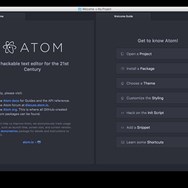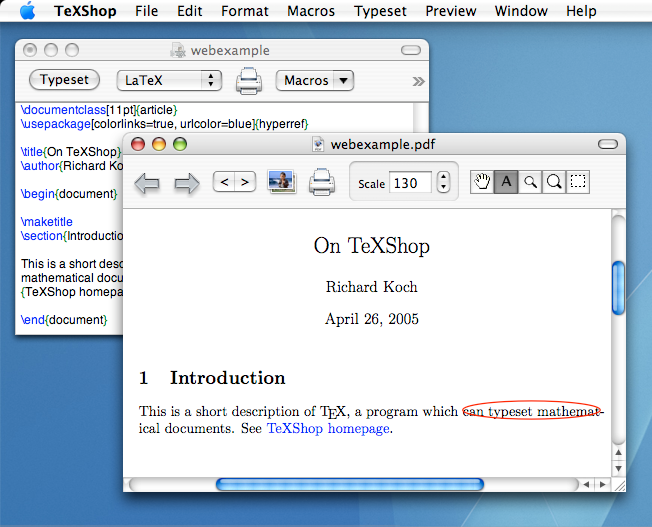

- #AQUAMACS VS EMACS FOR MAC#
- #AQUAMACS VS EMACS MAC OS X#
- #AQUAMACS VS EMACS INSTALL#
- #AQUAMACS VS EMACS FULL#
- #AQUAMACS VS EMACS WINDOWS#
#AQUAMACS VS EMACS FOR MAC#
Recommended for Mac users who want an Emacs that is tailored to the Mac.
#AQUAMACS VS EMACS MAC OS X#
It is a ready-to-use Universal App for PPC and Intel Macs that works well on all recent Mac OS X versions. Aquamacs is based on Cocoa, the modern user interface framework in OS X.
#AQUAMACS VS EMACS INSTALL#
Spell checking is easy to install (e.g., CocoAspell) and asian input methods are also supplied, and options to deal with the missing Meta key on Mac keyboards. All these extra modes come included and readily configured – no InitFile hacking. Hundreds of file types are supported (C, Java, HTML, Python, Ruby, AppleScript, XML, R (Splus), LaTeX ( AUCTeX) etc.).
#AQUAMACS VS EMACS WINDOWS#
OS X standard keyboard shortcuts are supported, files open in separate windows or tabs, nice fonts are available, and it has a convenient drag&drop installer. Aquamacs comes preconfigured with a large number of packages and differs from other Emacsen in that it feels more like a Mac OS X application.
#AQUAMACS VS EMACS FULL#
It has improved C-g support, an emulation of ‘select’ that doesn’t require periodic polling, full screen support, subpixel font rendering, and smooth (pixel) scrolling.

bashrc and try (since Yosemite /etc/nf is no more consulted for security reasons).

Emacs shell environments behave differently from Terminal environments and in order to have correct environments like LANG=en_GB.utf-8 LC_ALL=en_GB.utf-8 or PATH= for sub-applications launched from Emacs like R, Octave, Gnuplot etc., set the environments not only in. When using the vanilla EmacsforOsx binary, a useful site for setting, at least, Emacs server and Emacs client applications is Configuring Emacs on Mac OS X. If you’ve used Emacs before and already have your own Emacs initialization file, then Emacs.app is likely a better choice.Īs compared to Aquamacs, Emacs.app is more traditional in its approach, prefers a single frame, and is more likely to work with existing emacs initialization files. Many find it to be more Mac-like than Emacs.app. If you are a Mac user new to Emacs, many people find Aquamacs to be a good choice. X11 Emacs is the “original” emacs running under X11 (installed by default in recent versions of Mac OS X) As of Emacs 23, Carbon Emacs has been deprecated in favor of Emacs.app. Note that Emacs.app, GNU Emacs/Cocoa, and GNU Emacs/nextstep refer to the same thing.Ĭarbon is the C language API (developed by Apple) that lets applications written under OS 9 (or earlier) run under OS X. Aquamacs and Emacs.app (which was merged into the official Emacs as of Emacs-23) both run under Cocoa. However, there are other Emacs distributions geared towards macOS that include GUI support as well as other features that may make it a more appropriate choice for some, if not most people.Ĭocoa is the Objective-C API (originally developed by NeXT) that is used for native OS X applications (included in Emacs 23.2). On macOS 10.15 Catalina and higher, mg (previously known as microGNUemacs) is still included. Versions of macOS prior to 10.15 Catalina include a copy of GNU Emacs 22 without GUI support compiled in and thus Emacs is automatically available on all but the most recent versions of macOS via the terminal. You can find precompiled versions of emacs and Emacs.app at. The official Emacs fully supports Mac OS X (along with GNU/Linux, Windows, DOS, and then some).


 0 kommentar(er)
0 kommentar(er)
